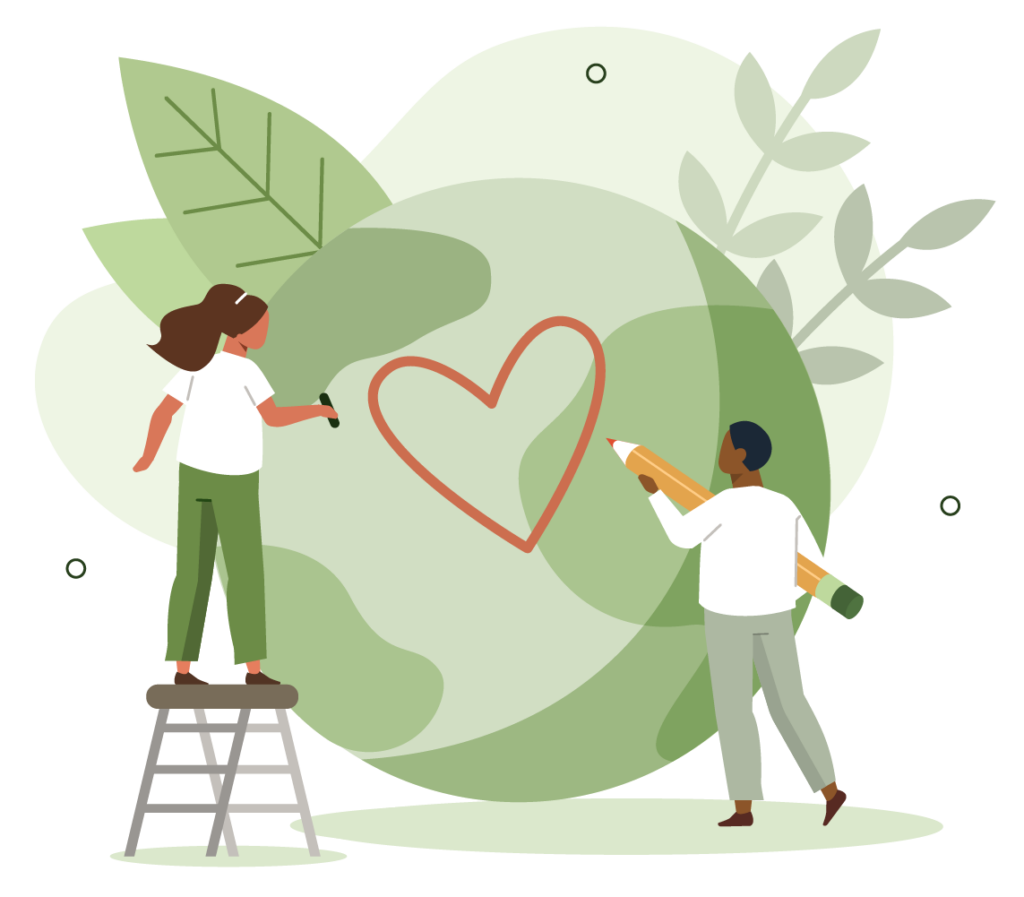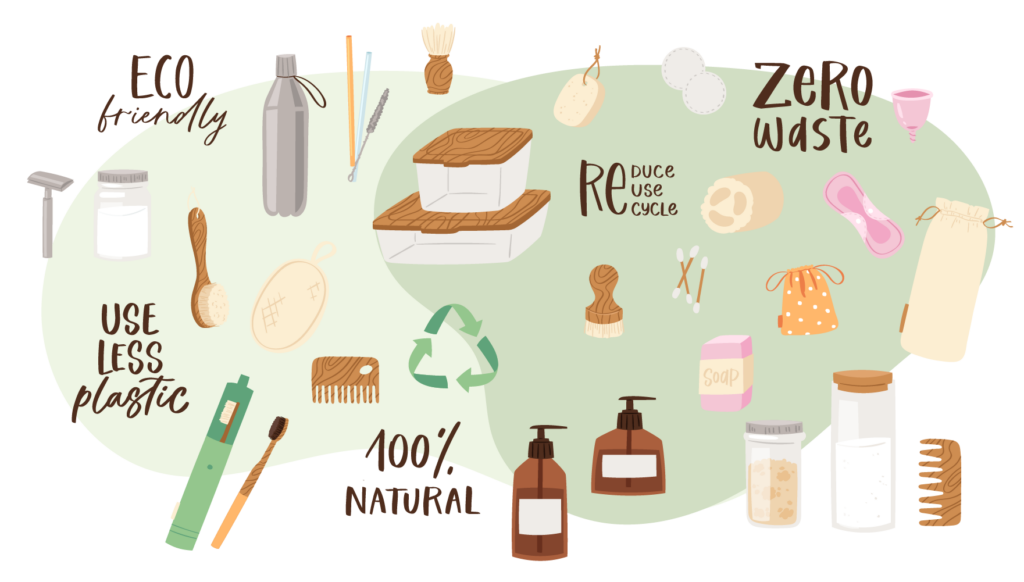Do you know your client’s perspective on sustainability? Learn all about customer insights using Netnographies

Starting with large companies, the sustainable business agenda increases companies’ social, economic, and environmental responsibility – from direct investments in health and social services to improving the quality of life through social programs for local indigenous communities affected by the extractive industry. Thus, sustainable development goals declared by the UN are increasingly being incorporated into the development strategies of companies.
Social media and universal openness contribute significantly to the rise of awareness of sustainability. When content can be created by anyone and spreads instantly, major environmental disasters or acts of social inequality get maximum publicity and are actively discussed by users on the internet. As a result, the awareness of people around the world has made sustainable development a part of our lives and thereby also an agenda for companies.
A recent study reveals around 71% of global consumers are making changes to their lifestyles in order to live more sustainably. There is no doubt anymore that businesses need to address these concerns when working on their go-to-market strategies (2022 Global Sustainability Study by Simon-Kucher).

How Netnography can contribute to Sustainability on a business level: consumers as driving power
Netnography is an online research method originating in ethnography. It allows us to analyze the free behavior of individuals on the internet by applying a mix of research techniques to provide useful insights
Rob Kozinets
A significant advantage of a Netnography is that during the analysis researchers may discover unexpected insights which could be used for deeper research or as an inspirational point for further developments. Early insights may help to explore new business fields or become a starting point for many game-changing initiatives.
Different aspects of sustainability have been discussed for years in user forums. In almost every Netnography study that HYVE has conducted in more than 20 years of its history sustainable behavior of various user groups has been identified. Consumers often discuss ways of becoming more sustainable in different areas of their lives: from care products, through foods to energy supply. It is crucial for businesses to understand these subtleties of consumers’ behavior and attitudes.
Beiersdorf and HYVE have been working on various topics side by side over the years. Numerous Netnography studies helped Beiersdorf to understand consumer behavior around cosmetics usage in depth. An interesting finding among others was that users, again and again, addressed sustainability-related issues. Already in 2010 Beiersdorf decided to make a deep dive into this world and wanted to understand in which product categories consumers are particularly sensitive when it comes to sustainable products and which dimensions of sustainability were mainly discussed in online communities.
Back in time, the user’s perception of sustainability for cosmetics for example had been mostly limited to the nature of ingredients and their effect on the body. Over time other aspects came into play and consumers became more conscious about their choices. They started to look for brands that align with their values, attitudes, and behaviors. To come up with and develop sustainable solutions that are ready for potential new market challenges and requirements, Beiersdorf several years later wanted to understand upcoming trends around the zero waste movement that might significantly impact the cosmetic industry One of the most interesting findings is the shift in perception of the term “zero waste”: from a completely waste-free lifestyle to more conscious purchasing decisions. Consumers are proud of going towards zero waste direction and value every attempt and every step of this journey, thus even going “plastic-free” is seen as a great part of the whole experience.

When conducting research on different topics we at HYVE clearly identified various consumer groups which differ in their intensity of sustainable behavior. The general trend is however that people around the world become more and more aware of the problems and are looking for suitable solutions on how to start moving towards more conscious behavior step by step.
Our research also observed how the perception of users, who have always been referred to as “Ökotanten” in German or “tree hugger” throughout the years, has changed. As sustainability gets more attention they become the most interesting groups to conduct research on.
Here are some of the main findings from Netnographies across different industries when it comes to sustainable behaviors of consumers:
- Consumers are more likely to go the extra mile in the categories which are essential in their daily routines to make sure that their impact is minimized – food, cosmetics, clothing, and energy supply.
- Speaking about physical products, packaging is often the first entry point for consumers where they can decide on choosing more sustainable options without too much effort.
- In categories where the performance clearly outweighs and is crucial for consumers` well-being (e.g., health-related issues), sustainability becomes less important.
Companies which have addressed these aspects and started to integrate principles of sustainability in their new developments already years back become pioneers of the new era.

Sustainability is not a trend anymore – it’s a requirement
Even though a significant number of consumers across the world are changing their behavior, there are still some barriers and challenges to entering a sustainable path for some groups of people, since a sustainable lifestyle is still considered expensive. Moreover, the infrastructure for sourcing sustainable goods and services is still limited.
However, when going hand in hand with consumers by discovering their honest and uninfluenced opinions, behaviors, and feedback with the help of such tools as Netnography, it is clearly possible to overcome these barriers more easily and shape a sustainable future together.